The Power of Asking for Help: Breaking the “I’m Fine” Barrier
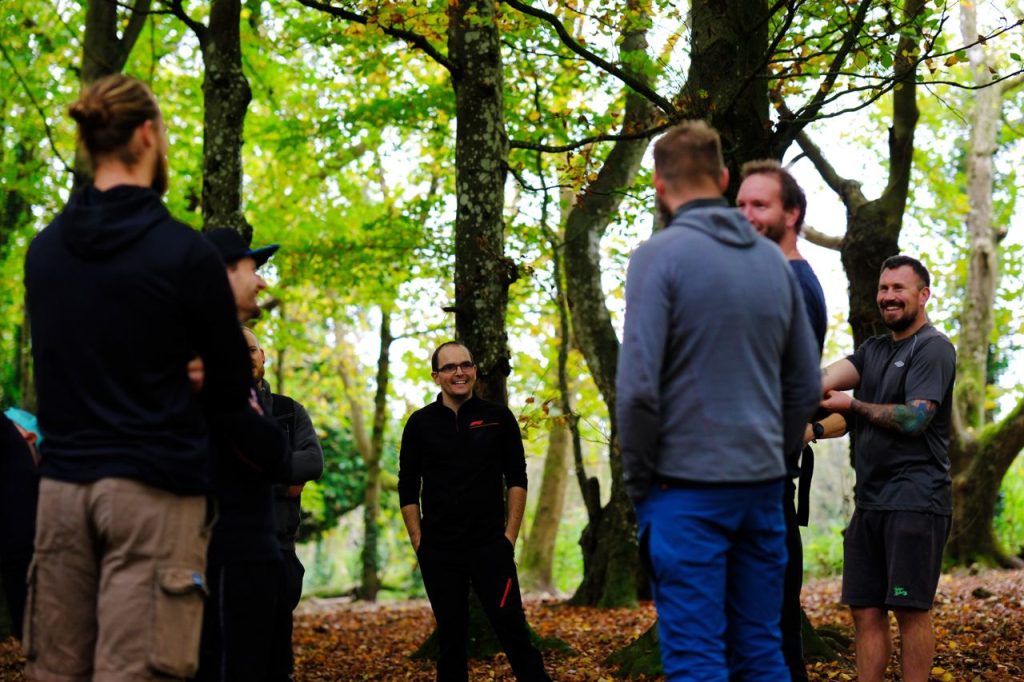
“I’m alright, love.” How many times have you said that when you really weren’t?
This week’s Wild Man Challenge is simple but profound: Ask for help.
Yeah, I know. Easier said than done, right? Because we’re men, and we’ve got this thing about doing everything ourselves. But here’s why this challenge matters more than you might think.
The Science Behind Asking for Help
Let’s get nerdy for a minute:
- Research shows that men who ask for help have better mental health outcomes
- Studies indicate that social support directly correlates with longevity
- Collaboration literally makes your brain work better (it’s called neural synchronization)
Translation: Asking for help isn’t just useful – it’s bloody good for you.
Why We Don’t Ask (But Should)
Here’s what’s typically stopping us:
- Pride: We think we should be able to handle everything ourselves
- Fear: Of looking weak, incompetent, or vulnerable
- Habit: We’re so used to saying “I’m fine” it’s become automatic
- Cultural Programming: The whole “real men don’t ask for help” nonsense
But here’s the truth: The strongest men are the ones who know when to reach out.
This Week’s Challenge Breakdown
Your mission, should you choose to accept it:
- Identify Something You Need Help With:
- A practical task (moving furniture, DIY)
- A knowledge gap (financial advice, tech setup)
- An emotional challenge (feeling overwhelmed, need to talk)
- A long-standing goal you’ve been putting off
- Ask for That Help:
- Share it in the group
- Reach out to a friend or family member
- Seek professional guidance
- Connect with someone who’s done it before
The Benefits Go Deep
When you ask for help, you’re not just getting assistance with a task. You’re:
- Building stronger connections
- Practicing vulnerability (a core strength)
- Learning new skills and perspectives
- Creating opportunities for others to feel valued
- Breaking down toxic masculinity stereotypes
Making It Easier
Here’s how to make asking for help feel more natural:
- Start Small: Begin with simple requests
- Be Specific: Clear asks get better responses
- Offer Help Too: Create a cycle of support
- Notice the Results: Pay attention to how things improve when you collaborate
- Document Your Wins: Keep track of positive outcomes from asking for help
The Ripple Effect
When you ask for help, you’re not just helping yourself. You’re:
- Showing other men it’s okay to be vulnerable
- Creating opportunities for connection
- Building a stronger community
- Breaking down barriers for the next generation
Your Challenge This Week
- Identify: What’s that thing you’ve been putting off? What’s on your whiteboard that keeps getting transferred to next week?
- Share: Put it in the group. Be specific about what you need help with.
- Connect: If you see someone asking for help with something you know about, reach out.
- Document: Share your experience. What worked? What surprised you?
Remember
- Every successful person had help along the way
- Vulnerability is strength
- You’re not alone in this
- Your ask for help might be exactly what someone else needs to make their day meaningful
Resources and Support
If you’re in crisis or need immediate support, these services are here 24/7:
- Samaritans: 116 123
- CALM (Campaign Against Living Miserably): 0800 58 58 58 (5pm-midnight)
- SHOUT: Text ‘SHOUT’ to 85258 (24/7 text service)
Remember though, your Wildman Project is here for you. Sometimes the strongest thing you can do is reach out to another member of the group. Whether it’s practical help, someone to talk to, or just a coffee and a chat – we’ve got your back.
Nothing beats the power of men supporting men.
Because remember: We’re stronger together. Always.
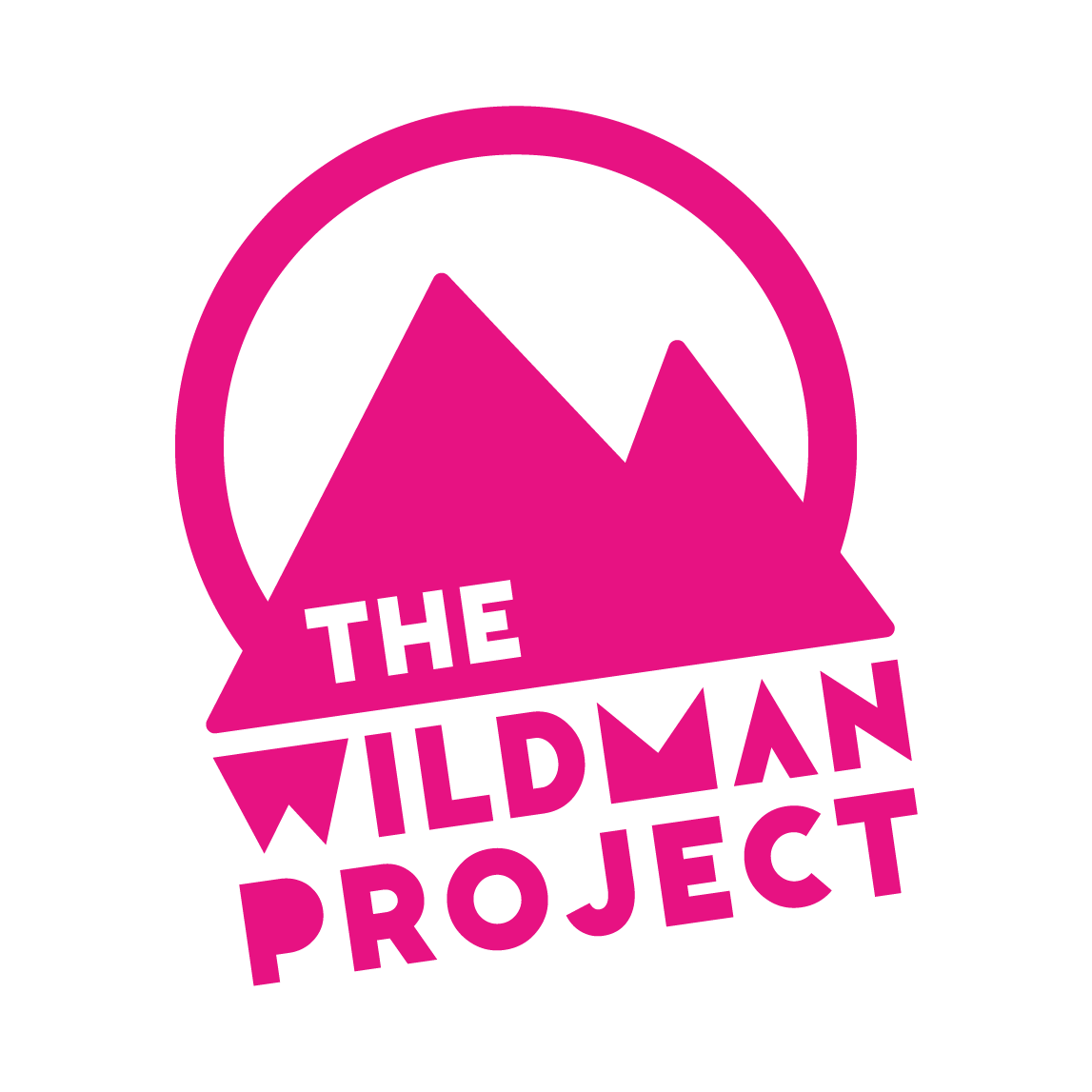
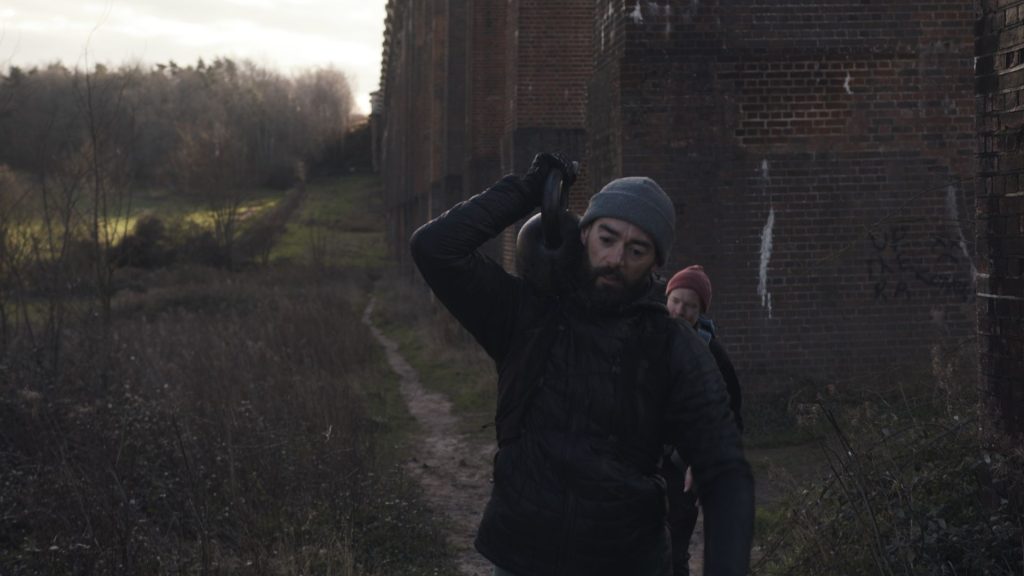
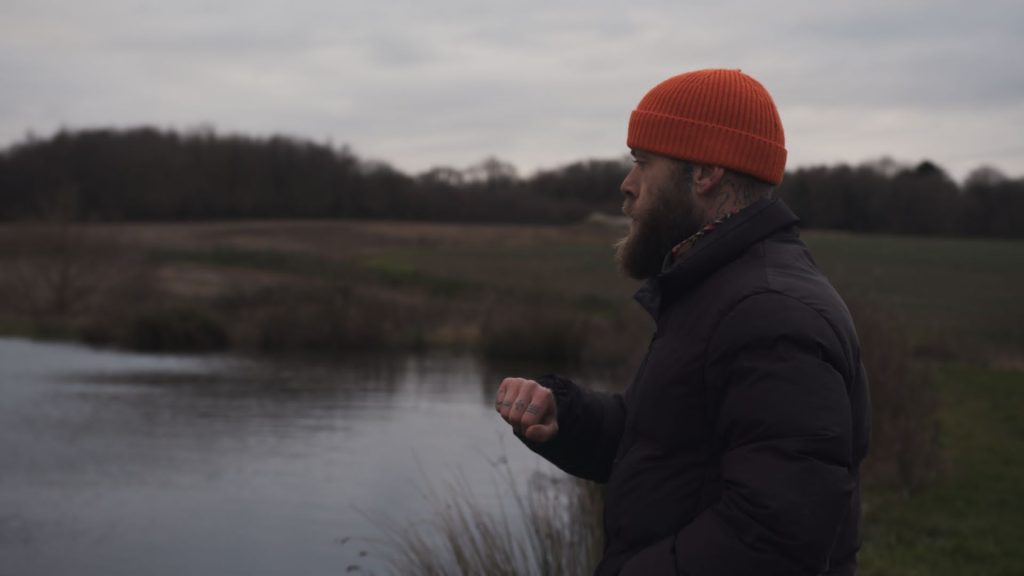
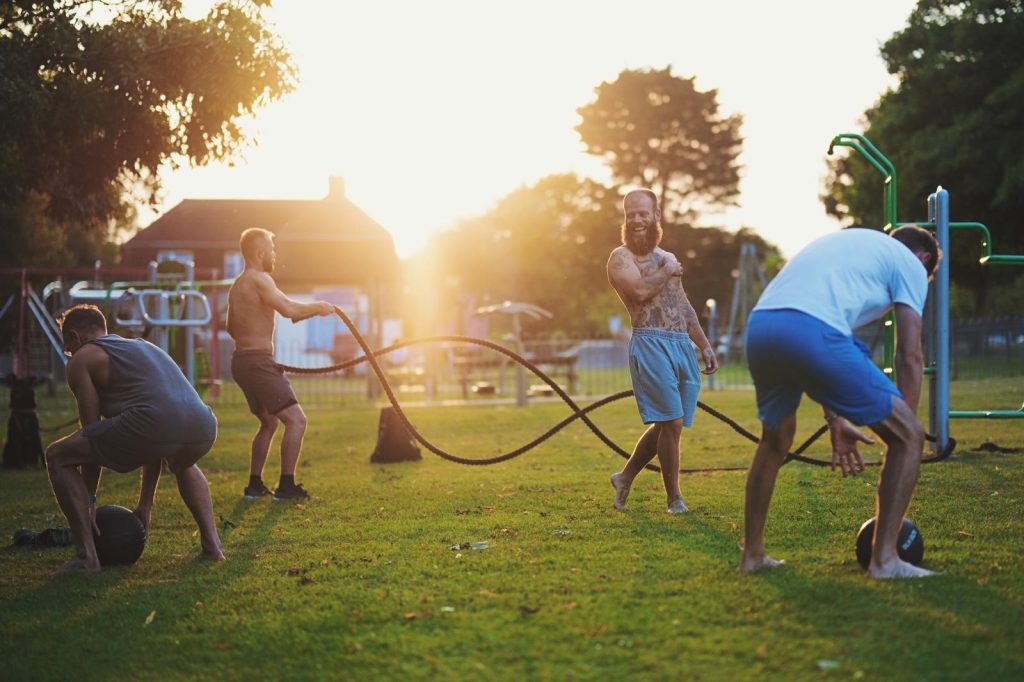
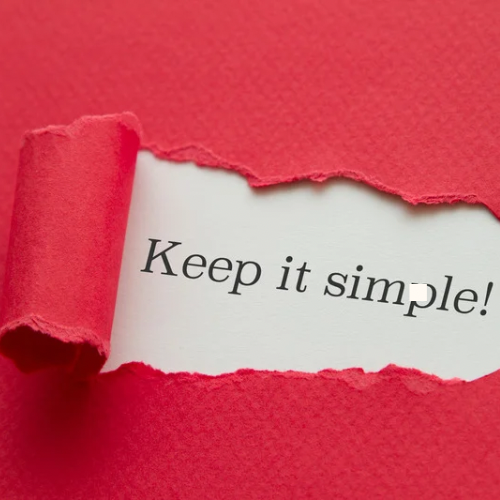

Responses